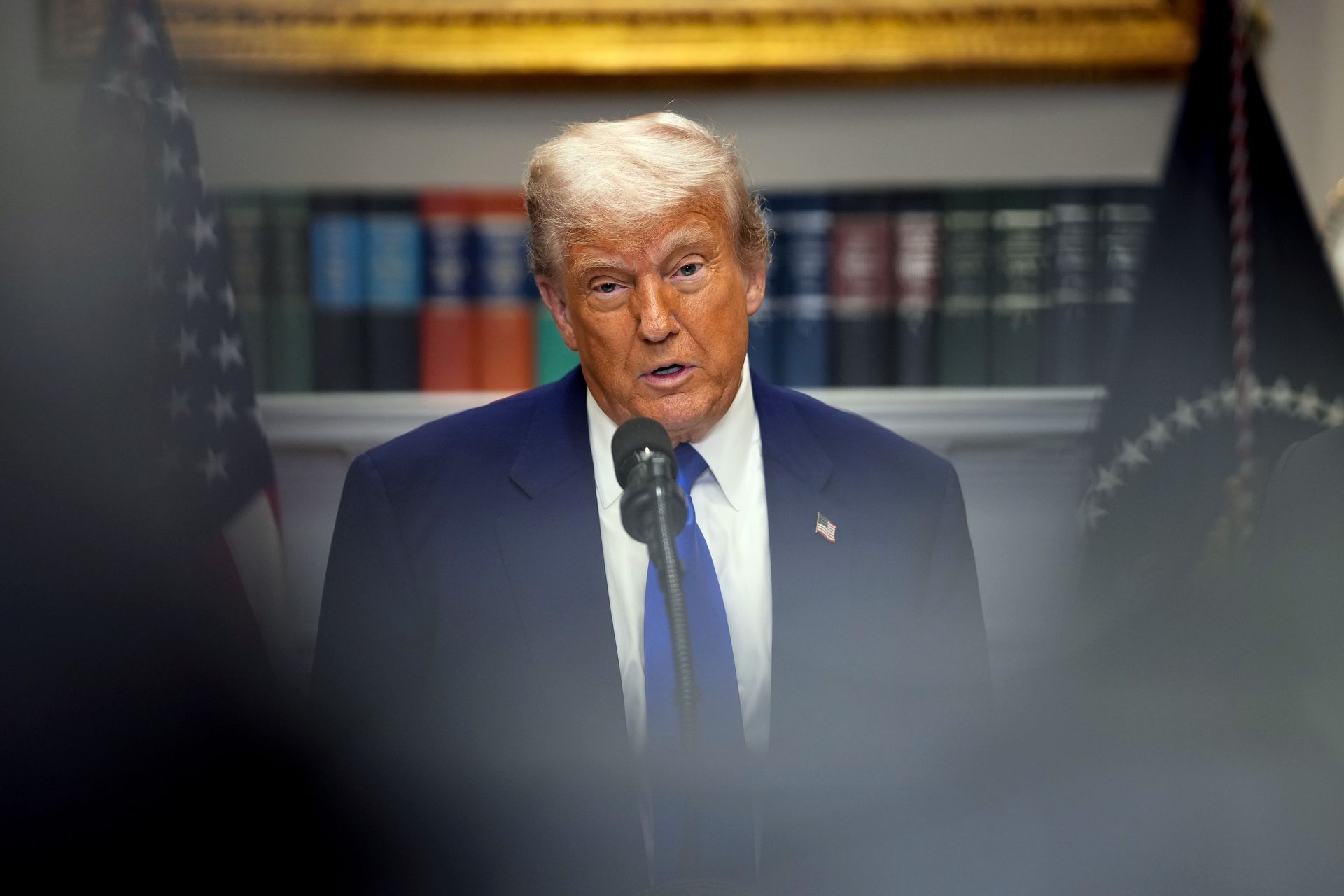President Donald Trump publicly criticised Walmart on Saturday following comments from the company’s chief financial officer suggesting that tariffs were driving up retail prices.
Trump made the remarks on his social media platform, Truth Social, in response to Walmart’s warning that higher import duties are forcing price hikes.
Trump wrote that Walmart should “STOP trying to blame Tariffs as the reason for raising prices throughout the chain,” and argued that both Walmart and China should “EAT THE TARIFFS” rather than passing on costs to consumers. He added, “I’ll be watching, and so will your customers!!!”
The comments come amid ongoing tensions around import duties, particularly on Chinese goods, and concerns about inflation in the retail sector.
Walmart CFO John David Rainey said last week that the speed and magnitude of recent price increases due to tariffs are unprecedented.
In an interview with CNBC, Rainey acknowledged that while the Trump administration had recently eased some tariffs—reducing duties on Chinese imports from proposed levels to 30% for 90 days—the overall burden remains high.
Rainey added that despite some temporary relief, the environment remains “challenging.” He stressed the company’s efforts to limit price increases for consumers by absorbing part of the cost itself and encouraging suppliers to do the same.
Walmart sources a range of goods from overseas, including electronics and toys from China and fresh produce like avocados and bananas from Latin America. The company said it is committed to keeping prices competitive as shoppers increasingly look for value.
Walmart’s stance reflects a broader trend among major U.S. companies adjusting to ongoing tariff policies.
Microsoft recently raised prices on its Xbox gaming consoles and accessories, while Mattel announced it was moving some toy production out of China but still anticipates higher prices.
Ford has also warned of potential price increases on certain vehicle models.
These developments highlight growing concerns among large retailers about the long-term impact of tariffs on supply chains and consumer prices. Many are reassessing sourcing strategies and cost structures as they adapt to changing trade rules.
Other major retailers, including Target, Home Depot and Lowe’s, are expected to provide updates on how tariffs are affecting their operations in the coming days.
Analysts are watching closely to gauge the broader impact on consumer goods pricing and inflation trends.
.png)
 German (DE)
German (DE)  English (US)
English (US)  Spanish (ES)
Spanish (ES)  French (FR)
French (FR)  Hindi (IN)
Hindi (IN)  Italian (IT)
Italian (IT)  Russian (RU)
Russian (RU) 








Comments